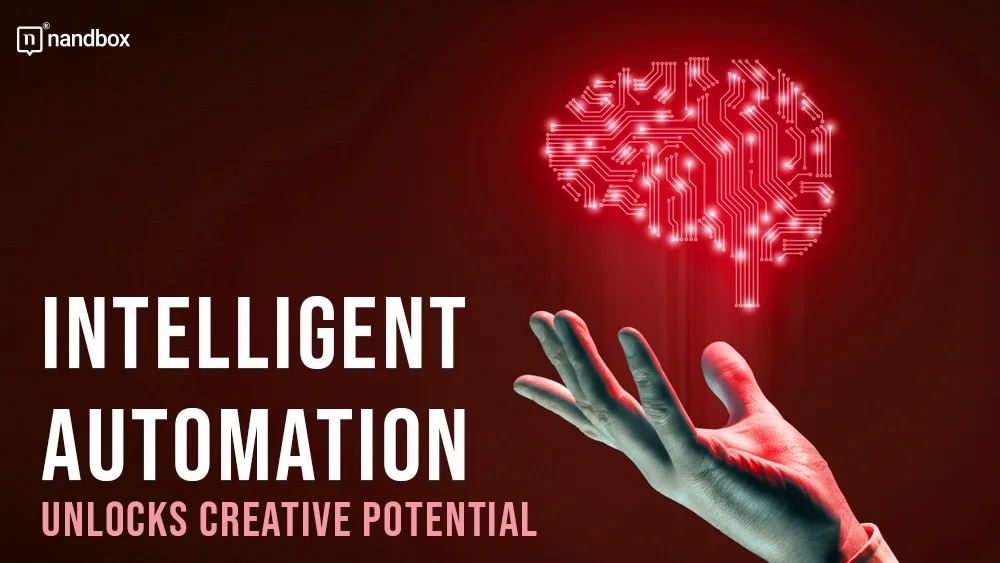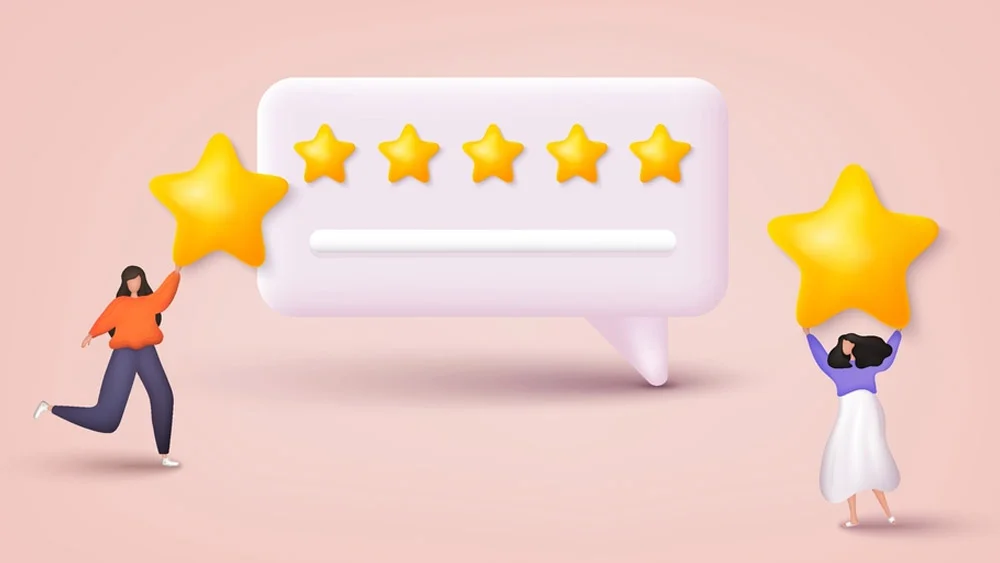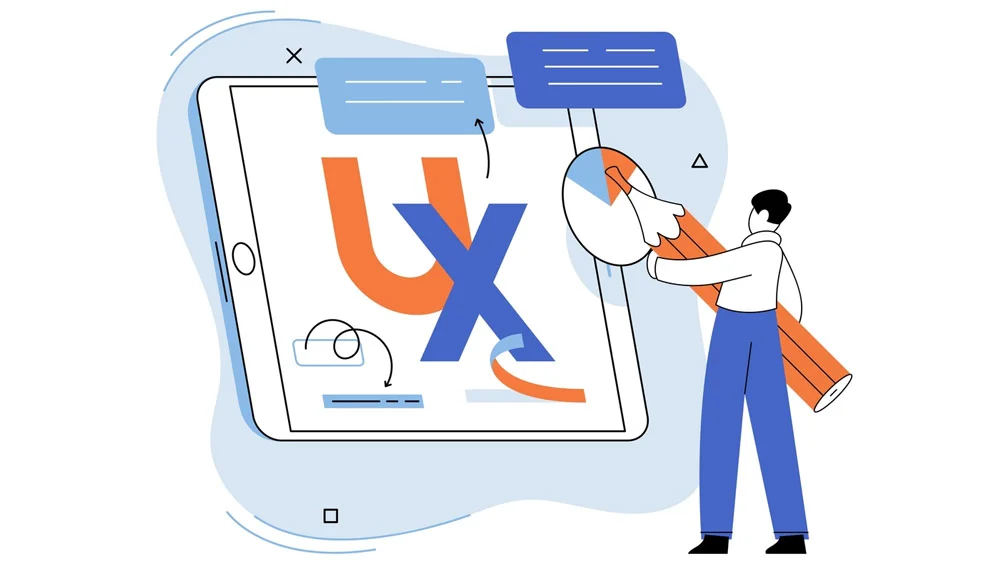Creativity is constantly being pushed and rewritten in today’s fast-moving digital age. Advancements in areas like artificial intelligence and machine learning have completely revolutionized creative industries with the opening up of unprecedented levels of innovation and productivity. At the heart of that transformation is intelligent automation, which will help artists, writers, and creators do more than ever before. The blog post will discuss how intelligent automation transforms these creative processes, creates new opportunities, and drives the future of creativity.
The Evolution of Creative Processes
The creative landscape has dramatically changed from manual, labor-intensive methods to a blend between human ingenuity and technological prowess. Earlier, artists and writers would simply depend on their instincts and manual skills—a rather potent tool, though often leading to protracted and repetitive processes. Today, intelligent automation has innovatively changed this with the onboarding of tools that multiply human creativity.
Advanced technologies undulate through large data banks, bringing insights that may trigger inspiration outside the frame of a creator’s immediate vision, offering new dimensions to his or her creative work. Moreover, automating tasks related to routine—like preliminary drafting or design prototyping—enables a creator to get on with the strategic and innovative parts of the project. This has not only brought efficiency into work but has also expanded the horizons of experimentation, trying out new possibilities for creators to stretch their imaginations to the fullest and produce high-quality work faster than ever before.
Idea Generation Enhancement
Some of the more important ways by which intelligent automation can solve a creativity problem are at the stage of idea generation. AI algorithms are able to look through reams of data and unearth patterns, trends, and insights that normally elude the human eye. Armed with such insights, creators can then come up with many innovative and relevant ideas for their audience using tools that generate script with AI.
For instance, it can analyze social media trends, market data, and consumer preferences to come up with ideas of what themes should be part of the new advertising campaign. This would not only save time but also make sure that the ideas generated at the output are more or less based on real-world data to have a higher success rate.
Smoothening Content Creation
Intelligent automation has massively improved the process of content creation in today’s creative world. It optimizes sundry facets of content creation to help creators produce quality work with much ease.
Key Highlights:
Drafting and Editing: AI-powered writing assistants are in a position to create an initial draft, where the user has control over the inputs and criteria he has set in advance. They may also offer edits for refinement in grammar, style, and coherence, allowing such content to live up to high standards at the very beginning.
Research and Data Analysis: The intelligent automation can process huge amounts of data for relevant information. The feature calls for content developers who need to find their materials on the correct and timely information of the subject matter, which saves countless hours in manual research.
Design and Prototyping: AI may help the visual content creator generate design prototypes and pick the best color schemes and layouts for them. This will expedite designs at work and ensure that the delivered product has an appealing look and will spread the ‘right’ messages.
Content Optimization: AI tools can optimize the content for search engines by checking the SEO. They improve the visibility and reach of the content by suggesting relevant keywords, meta descriptions, and headline structures.
Personalization: Automation may provide individually relevant content by developing taste preferences of individual users. By interpreting user data and behavior, AI can make out-of-the-box suggestions to present personalized recommendations and alterations in content to upgrade engagement and user satisfaction.
Multi-Channel Distribution: Intelligent automation drives consistency and reach in content distribution across a number of channels. In using automated scheduling tools, creators can handle distribution more effectively and have time to engage in other creative pursuits. With that kind of ability, a creator will be much more focused on the strategic and high-level aspects of their works; as such, they will keep pushing boundaries in what they are doing while keeping up with efficiency and quality.
Improved Collaboration and Feedback
While collaboration is a foundation of creativity, intelligent automation makes it even more straightforward by facilitating smoother connections and feedback loops. Sharing in real-time with fellow artists or team members for editing and changing creative projects is possible when collaboration works as AI-powered platforms. Moreover, this platform can instantly offer feedback—according to preset criterion—helping creators iterate and develop their work with evermore mastery.
For instance, in a content creation team, AI can analyze the drafts and give suggestions for improvement in clarity, tone, and engaging capacity. This is not only faster from the revision point of view, but it also makes sure that the quality of the final product is up to the mark.
Personalization of User Experience
By using intelligent automation, the creator can easily provide very personalized and highly individualized experiences for each kind of audience. AI does this by analyzing user data and behaviors to personalize content, recommendations, and interactions to individual taste. The degree of personalization further surges in a user’s engagement, satisfaction, and closer relationships between creators and audiences.
For instance, AI-driven recommendation systems can never go wrong in suggesting personalized content, goods, or services to a user to ensure in the process that their experience is enhanced and conversions and repeat engagements are maximized.
Drive Innovation and Experimentation
Intelligent automation will allow other writers the ability to experiment and discover. With AI, one has a culture in which one can experiment with new ideas, iterate fast, and know what worked. Iterations make creative innovation easy and help creators to be ahead of the game in a competitive innovation landscape.
For example, AI in filmmaking allows one to realize just how audiences react to every element, from plot turns to the development of characters and pace. Then, filmmakers take that as information to tune into their scripts and make data-driven decisions that raise the bar on the quality experience of the viewer.
Breaking Through Creative Blocks
Creative blocks are very common among creators and often frustrate them greatly, delaying their work. In that case, intelligent automation will come to aid, acting like a continuous source of inspiration and support. AI-powered tools suggest new directions and emanate ideas afresh; sometimes, they even simulate different scenarios, thus helping creators to overcome creative blocks and maintain their momentum.
For example, an AI writing assistant can help when a writer is stuck by suggesting prompts, brain-storming plot ideas, or perhaps just finding alternative storylines. This collaborative approach between human creativity and intelligent automation assures a continuous flow of inspiration and productivity.
Embracing the Future of Creativity
The infusion of intelligent automation into the value chain of creative processes is a very exciting and new, instrumental age of creativity. In enhancing ideation, streamlining content creation, enhancing collaboration and personalization of user experience, driving innovation, and breaking the struggle out of creative blocks, AI empowers creators to unleash real potential. With new, changing technology every time, the scope for creativity is unlimited, offering creators new tools and opportunities for shaping the future.
In summary, intelligent automation is not just another technology; it enables the creativity lying amongst individuals and teams. This technology will allow creators to achieve efficiency, innovation, and much more significant impacts on their work. Intelligence automation lies at the heart of the future of creativity, which has already arrived.





